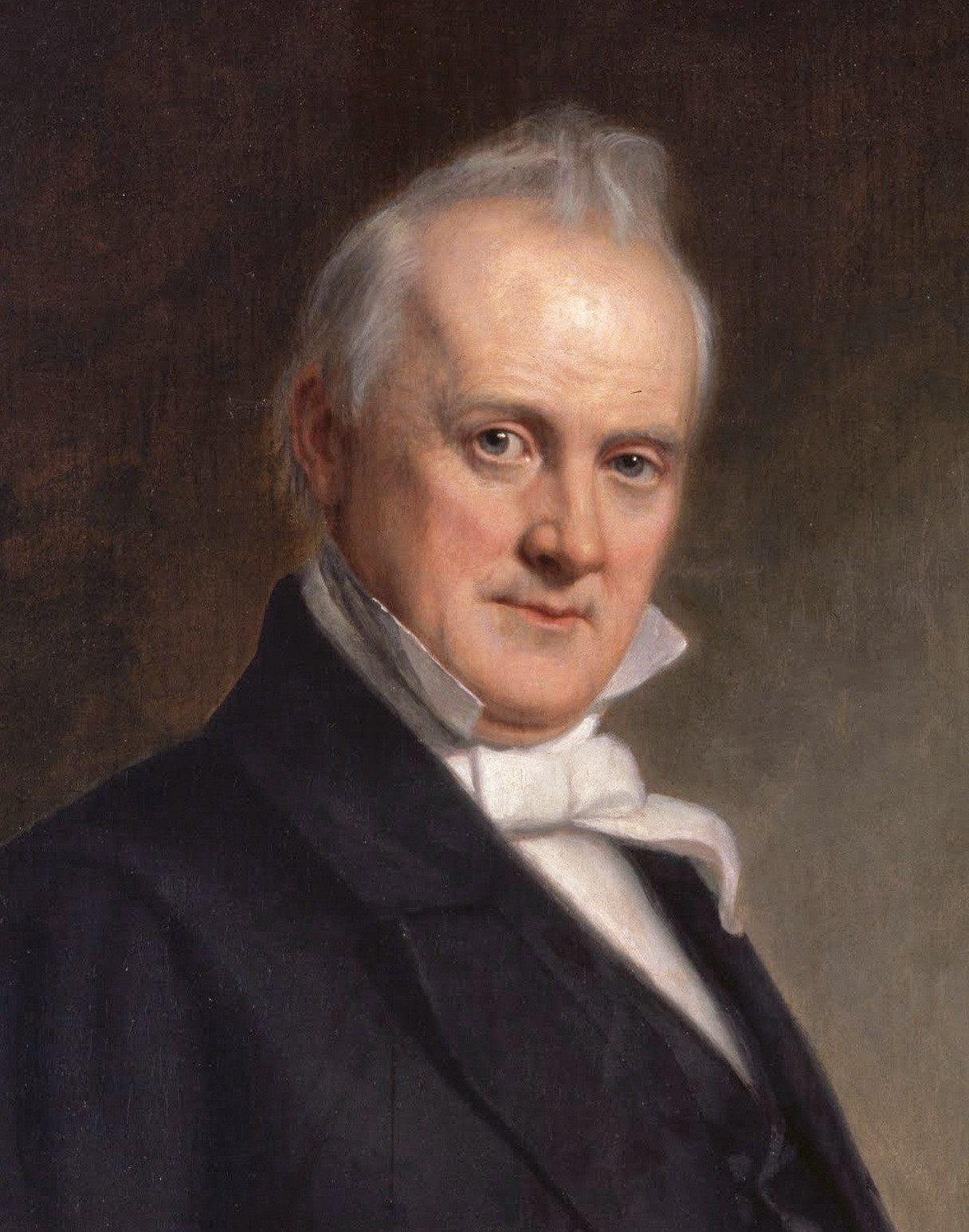The 15th president of the United States, James Buchanan, is a figure who often evokes mixed emotions among historians and scholars. Serving from 1857 to 1861, Buchanan's presidency was marked by significant events that would shape the nation for years to come. As tensions rose between the North and South over issues such as slavery and states' rights, Buchanan's decisions and policies played a critical role in the lead-up to the Civil War. This article will delve into Buchanan's life, presidency, and the lasting impact he had on American history.
In this comprehensive exploration, we will cover various aspects of Buchanan's life, including his early years, political career, and the controversies surrounding his time in office. Through a detailed analysis, we aim to provide a well-rounded understanding of why Buchanan's presidency is considered one of the more controversial in American history.
As we navigate through this intriguing topic, we will utilize reliable sources and data to support our claims, ensuring that this article adheres to the principles of Expertise, Authoritativeness, and Trustworthiness (E-E-A-T) while considering the Your Money or Your Life (YMYL) criteria. Join us as we uncover the complexities of James Buchanan's presidency and his role in shaping the United States.
Table of Contents
- Biography of James Buchanan
- Early Life and Education
- Political Career Before Presidency
- Buchanan's Presidency
- Controversies During His Administration
- Legacy of James Buchanan
- Conclusion
- References and Sources
Biography of James Buchanan
| Personal Information | Details |
|---|---|
| Name | James Buchanan |
| Date of Birth | April 23, 1791 |
| Place of Birth | Mercersburg, Pennsylvania |
| Date of Death | June 1, 1868 |
| Political Party | Democratic Party |
| Presidential Term | 1857-1861 |
Early Life and Education
James Buchanan was born in Mercersburg, Pennsylvania, into a family of modest means. He was the second of eleven children and grew up in a household that valued education and hard work. Buchanan attended the local academy before enrolling at Dickinson College, where he graduated in 1809. His early education laid the foundation for his future legal and political career.
Legal Career
After completing his education, Buchanan studied law and was admitted to the bar in 1812. He quickly established himself as a successful lawyer, gaining a reputation for his legal prowess and persuasive arguments. His legal career provided him with the financial stability and connections necessary to enter politics.
Political Career Before Presidency
Buchanan's political career began in the Pennsylvania House of Representatives, where he served from 1814 to 1816. He then moved on to the U.S. House of Representatives, where he served two non-consecutive terms from 1821 to 1831. During his time in Congress, Buchanan became known for his support of the Democratic Party and his advocacy for states' rights.
Buchanan's political experience continued to grow as he held several key positions, including:
- Minister to Russia (1832-1834)
- Minister to the United Kingdom (1853-1856)
- U.S. Secretary of State under President James K. Polk (1845-1849)
Buchanan's Presidency
James Buchanan was elected as the 15th president of the United States in 1856, running on a platform that emphasized the need for national unity amidst the increasing sectional tensions over slavery. His presidency began with optimism, but it quickly became overshadowed by the growing crisis between the North and South.
Key Events During Buchanan's Presidency
Some significant events during Buchanan's presidency include:
- The Dred Scott Decision (1857): This Supreme Court ruling declared that African Americans could not be considered citizens and that Congress had no authority to regulate slavery in the territories.
- The Panic of 1857: An economic downturn that severely impacted the nation's economy, leading to widespread unemployment and financial instability.
- The John Brown Raid (1859): An attempt by abolitionist John Brown to initiate an armed slave revolt by seizing a U.S. arsenal at Harpers Ferry, Virginia.
Controversies During His Administration
Buchanan's presidency was marred by several controversies that further exacerbated the divisions within the country. His handling of key issues, such as the Lecompton Constitution and his stance on secession, drew criticism from both sides of the political spectrum.
Lecompton Constitution
One of the most contentious issues during Buchanan's presidency was the Lecompton Constitution, which sought to admit Kansas as a slave state. Buchanan supported the constitution, believing it would resolve the ongoing conflict in Kansas. However, this decision alienated many Northern Democrats and fueled the growing anti-slavery sentiment.
Legacy of James Buchanan
James Buchanan's legacy is complex and often viewed negatively by historians. His inability to address the escalating tensions between the North and South is frequently cited as a failure of his presidency. Buchanan's reluctance to take decisive action against secessionist movements contributed to the eventual outbreak of the Civil War.
Despite these challenges, some argue that Buchanan's presidency set the stage for future leaders. His commitment to diplomacy and his efforts to maintain peace, although ultimately unsuccessful, demonstrate the difficulties faced by leaders during a time of national crisis.
Conclusion
In conclusion, James Buchanan, the 15th president of the United States, remains a controversial figure in American history. His presidency was marked by significant events that would shape the nation, but his failure to effectively address the issues of his time ultimately led to his reputation as one of the less effective presidents in American history. We encourage readers to reflect on Buchanan's legacy and consider the lessons learned from his time in office.
We invite you to leave your thoughts in the comments section below, share this article with others interested in American history, and explore more articles on our site for a deeper understanding of the complexities of presidential history.
References and Sources
To support the information presented in this article, we have referenced various reputable sources, including:
- American History Association
- National Archives
- The White House Historical Association
- Library of Congress



